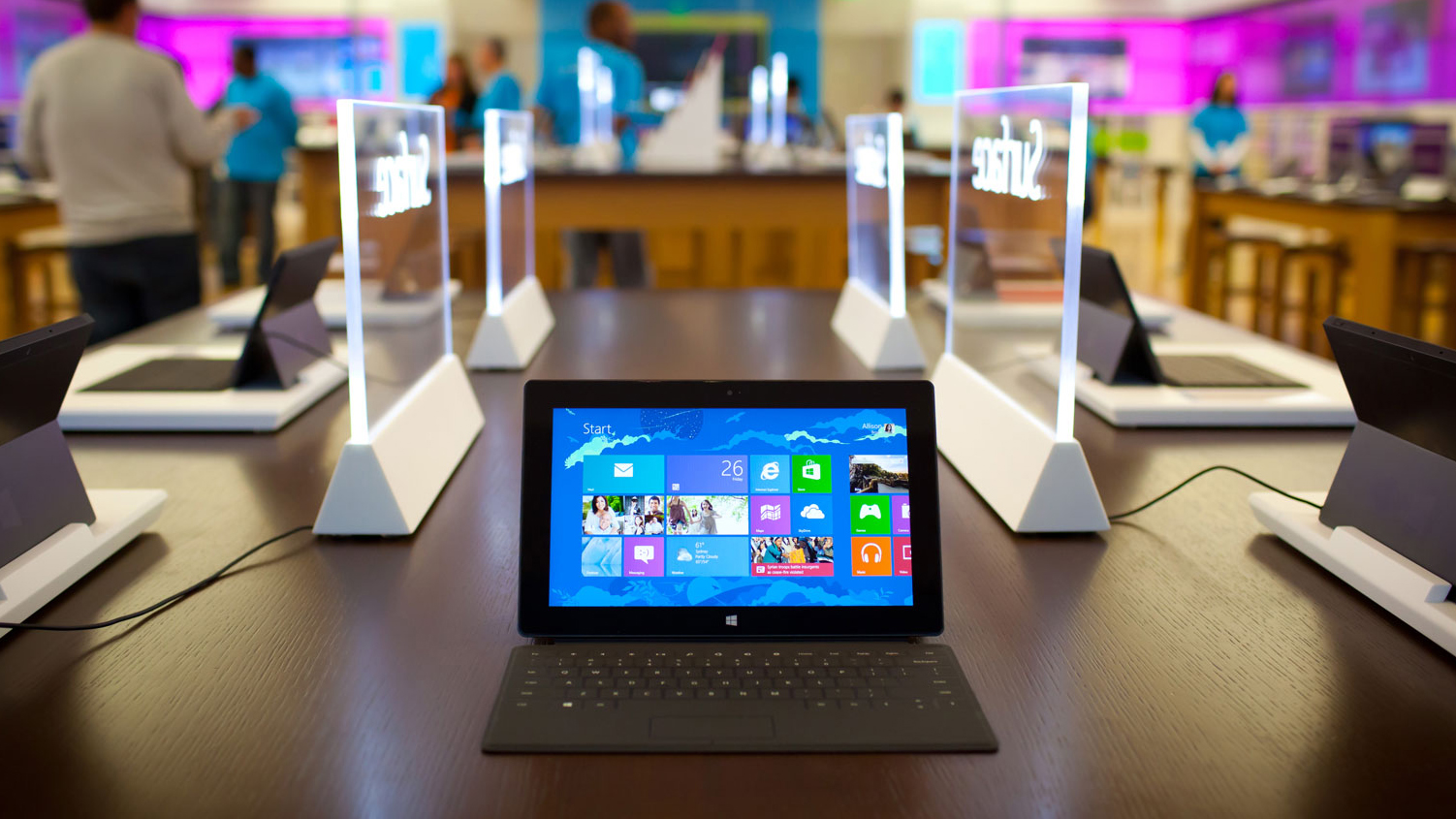5 things Microsoft should do right now to stay relevant
A masterplan

Microsoft is going through a tough time of late. Gone is its dominant position which it maintained in the late 1990s and early 2000s, and now we have a company that is losing relevance with consumers.
While the enterprise division is doing fine and supporting Microsoft's bottom line, the decline of the PC industry has meant that the words on people's lips haven't been the words "Microsoft" or "Office" but "Apple," "Google" and "Amazon".
Just as IBM faded into the background after it sold off its PC division, Microsoft has missed the boat on smartphones, tablets and the web, but there are things they can still do.
Here are 5 moves that could make could all the difference.
1. Build out the Xbox
The one place in which Microsoft has not lost relevancy with consumers is the gaming market, with millions flocking to buy the brand new Xbox One all over the world as well as signing up to Xbox Live membership.
The Verge recently reported that Microsoft was looking to compete with Netflix in the region of original video content with Xbox Originals, bringing a host of new shows to paying Live subscribers.
This kind of unique selling point, beyond the plethora of Xbox-only games, is exactly what Microsoft needs to attract new customers to the Xbox camp.
Are you a pro? Subscribe to our newsletter
Sign up to the TechRadar Pro newsletter to get all the top news, opinion, features and guidance your business needs to succeed!
Further integration between Windows 8.1 and Xbox could also be introduced with game sharing meaning that Microsoft would be able to mobilise their existing Windows user base into buying games in their own store as opposed to Steam.
2. Invest heavily in building the "Microsoft Mobile" brand
With their $7.2 billion acquisition of Nokia, Microsoft received a broad portfolio of phones which are well designed and are appreciated by consumers and reviewers alike.
While CEO Satya Nadella has publicly said that the "Microsoft Mobile" brand is "not a brand that will be seen by consumers" the opportunities for building a strong, workable brand are endless.
Microsoft have billions of dollars to invest in advertising and clear distribution channels via their Microsoft Stores and other means. Samsung's mobile empire has been built on telling as many people about the Galaxy series of phones and then letting word-of-mouth do the rest and there is no reason Microsoft cannot follow a similar strategy.
While established markets like the U.S or U.K may be taken, emerging markets are still ripe for the picking with Windows Phone gaining ground on the back of Nokia's cheap Windows Phone initiatives.
Microsoft should continue these ventures and build a sizeable user base in emerging markets such as Asia or South America, both of which could prove highly profitable.
Nokia currently produce one tablet, the Lumia 2520, which isn't a bad piece of hardware scoring 3.5 out of 5 stars in the TechRadar review and Microsoft could learn much from its design in relation to their own Surface tablets which have been found to be a little clunky.
A Lumia 2520 with the specifications of a Surface Pro would certainly excite the more professional audience and may tempt them away from iPads and laptops.
3. Better integration of Windows and Windows Phone
We are starting to see signs of this in Windows Phone 8.1 which introduces the ability for developers to have one app which can run across Windows 8.1 and Windows Phone 8.1 in all their respective forms. This synergy between platforms entices developers (less coding is needed to get a functioning app) and makes it easier for consumers to use apps on their devices.
Instead of having to go to every device and find the app again, you can simply download one version and have it appear exactly the same on all devices. For smaller app makers which do not have the resources to build five different apps, this integration is a gift from Microsoft like no other.
Max Slater-Robins has been writing about technology for nearly a decade at various outlets, covering the rise of the technology giants, trends in enterprise and SaaS companies, and much more besides. Originally from Suffolk, he currently lives in London and likes a good night out and walks in the countryside.